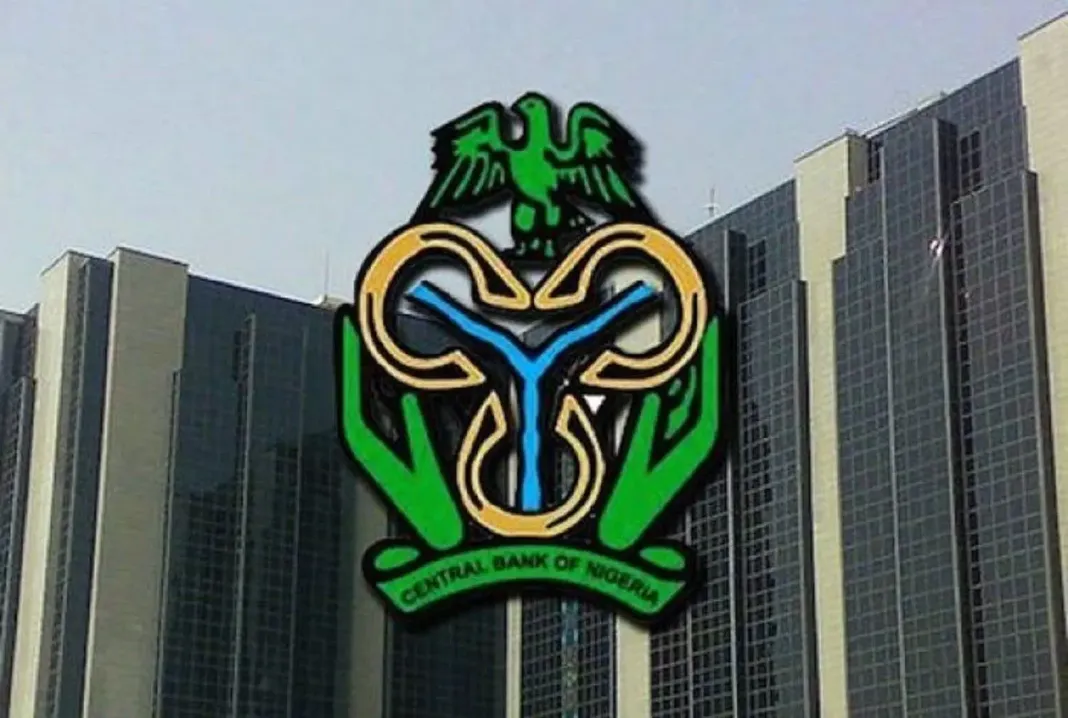For the first time in three years, Nigeria has posted a Balance of Payments (BoP) surplus—reaching $6.83 billion in 2024. The sharp turnaround, after consecutive deficits of $3.34 billion in 2023 and $3.32 billion in 2022, is being heralded as a key signal that the country’s macroeconomic reforms may finally be bearing fruit.
According to the Central Bank of Nigeria (CBN), the surplus reflects a combination of improved trade dynamics, increased remittance and portfolio inflows, and better data transparency. At the heart of this rebound is a significant surplus in the current and capital accounts, which together rose to $17.22 billion.
“The current and capital account recorded a combined surplus of $17.22 billion in 2024, supported by a goods trade surplus of $13.17 billion,” said CBN Acting Director of Corporate Communications, Hakama Sidi-Ali.
A sharp drop in imports contributed to this outcome. Petroleum imports declined by 23.2 per cent to $14.06 billion, while non-oil imports fell 12.6 per cent to $25.74 billion. On the export side, gas shipments surged by 48.3 per cent to $8.66 billion and non-oil exports increased by 24.6 per cent to $7.46 billion.
Workers’ remittances and inflows from the Nigerian diaspora also remained strong. Personal remittances climbed by 8.9 per cent to $20.93 billion, while inflows via International Money Transfer Operators (IMTOs) jumped by 43.5 per cent to $4.73 billion. Official development assistance increased to $3.37 billion, a 6.2 per cent rise from the previous year.
The capital account’s performance further bolstered the BoP, particularly through a surge in portfolio investments. Portfolio inflows more than doubled in 2024, increasing by 106.5 per cent to $13.35 billion. The rise was accompanied by a $5.41 billion increase in resident foreign currency holdings, suggesting renewed confidence in the naira and the broader economic environment.
However, foreign direct investment (FDI) painted a less optimistic picture, declining sharply by 42.3 per cent to $1.08 billion. Analysts attribute this to lingering concerns over policy consistency and long-term investment security, despite recent efforts at reform.
Even so, Nigeria’s net acquisition of financial assets stood at $12.12 billion for the year, and the country’s external reserves rose by $6 billion to $40.19 billion, reinforcing its capacity to withstand external shocks.
A notable feature of 2024’s BoP performance is the substantial improvement in data reporting. Net errors and omissions, often seen as a proxy for untracked or misreported flows, narrowed significantly—by 79.5 per cent to -$5.10 billion from -$24.90 billion in 2023. This reflects not only more robust data systems but also improved transparency in external transactions.
Sidi-Ali credited Nigeria’s policy mix for the positive shift, “The liberalisation and unification of the FX market, disciplined monetary policy to stabilise the naira and inflation, and coordinated fiscal-monetary strategies have all contributed to boosting competitiveness and confidence.”
CBN governor Olayemi Cardoso, described the surplus as a validation of recent economic policies. “This positive shift in our external balance is proof that our policies are working,” he said. “It underscores our commitment to macroeconomic stability and positions Nigeria for sustainable growth that benefits businesses, investors, and citizens alike.”
The surplus comes amid other encouraging macroeconomic indicators. The current account recorded a net surplus of $6.1 billion in Q3 2024—its highest on record at 13.0 per cent of GDP. This marks the eighth consecutive quarter of surplus, suggesting a trend rather than a one-off event.
Key components of the Q3 performance included a merchandise trade surplus of $4.3 billion, reduced net deficits in the services and income accounts, and remittances totalling $5.4 billion. Oil and gas exports accounted for 86 per cent of merchandise exports, while the share of petroleum imports dropped, likely helped by domestic refining ramp-ups such as the Dangote Refinery.
Despite this momentum, challenges remain. Analysts expect the current account surplus to moderate in 2025 to 5.7 per cent of GDP as businesses respond to exchange rate stability by increasing imports. FDI also remains subdued, and inflationary pressures persist.
Still, the 2024 BoP surplus represents a critical step forward for Nigeria’s economy. While it may not yet signify a complete recovery, it offers a rare moment of optimism—and a foundation for more sustainable progress, if reforms continue with discipline and consistency.





